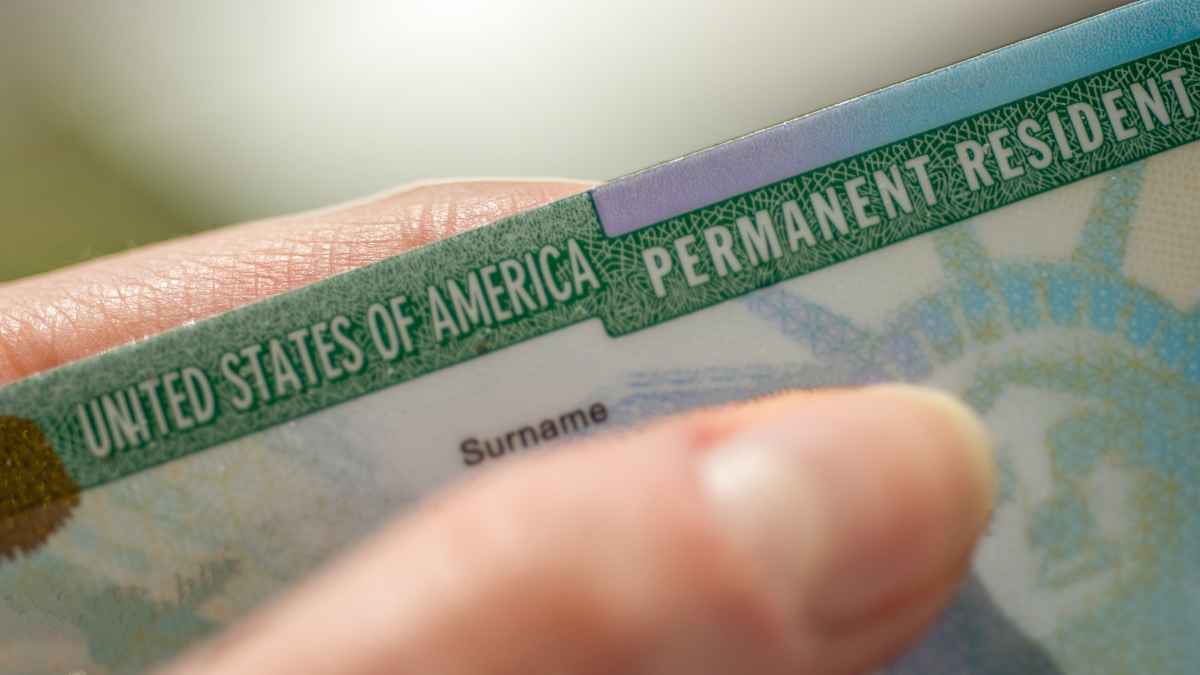‘Additional Screening’ Sparks Concerns Among Refugees and Asylees Seeking Residency
The Trump administration has announced a temporary halt on finalizing certain applications for legal permanent residency, commonly known as green cards. According to a statement from the Department of Homeland Security (DHS), this measure is in response to an executive order aimed at intensifying screening for national security reasons.
U.S. Citizenship and Immigration Services (USCIS) confirmed it is placing a pause on processing some green card applications, particularly those filed by immigrants who were previously granted refugee or asylum status. DHS officials explained that this move is part of an effort to apply additional vetting methods—an action that has sparked questions about how long the pause will last and who exactly will be affected.
Why some green card processing steps are temporarily paused
President Donald Trump’s executive order—signed in January—called for tougher measures to “vet and screen to the maximum degree possible” people seeking entry or permanent status in the United States. As a result, USCIS has opted for extra scrutiny of certain applicants, especially those who have come from regions deemed higher risk. Officials state that this is not a complete halt of green card services, but rather a targeted effort to enhance national security protocols.
Refugees and asylees are already subject to rigorous evaluations before stepping onto U.S. soil or securing protected status. However, under the new guidelines, USCIS will review the documentation more intensively to verify identities, cross-check criminal records, and inspect any incomplete forms. Could they impose fines for data errors? The answer is no. But applicants might face longer wait times if mistakes or missing information are discovered.
Impact on USCIS funding and overall national immigration procedures: Important deadlines and required documentation
Because USCIS operations are largely fee-funded, fewer finalized applications can reduce incoming revenue, potentially leading to staffing and processing challenges down the road. Some observers worry that if this pause remains in effect for an extended period, it could worsen backlogs and create uncertainties for families awaiting permanent residency decisions. It is not yet clear how long this hold will last, but applicants should be mindful of the following:
- Renewing Temporary Status: Refugees or asylees nearing expiration dates may need to renew documentation.
- Updating Personal Information: Keep addresses, names, or other details current to avoid delays.
- Preparing Extra Proof: Police records, identity papers, and additional forms of verification may be requested.
Below is a simple table outlining key application stages and possible new timeframes:
| Application Stage | Possible Delay |
|---|---|
| Initial Review of Documents | Additional 1-2 months |
| In-Person Interview Scheduling | Variable, case by case |
| Final Decision and Notification | Pending further guidance |
Please note that these figures are not definitive; actual processing times depend on USCIS updates.
How these temporary delays may affect families and communities nationwide
For many individuals, a green card is the next critical step toward stability, work eligibility, and family reunification. A prolonged slowdown could hinder community growth, prevent timely employment authorizations, and create added stress for people worried about their status.
¿Steps to follow for minimizing delays and ensuring compliance?Experts advise applicants to double-check all paperwork, respond promptly to any USCIS requests, and consult trusted legal resources for clarity. In fact, staying organized can help reduce the risk of a case being set aside for minor discrepancies.
Although the government has framed these steps as vital for security, the duration of this temporary pause remains uncertain. Anyone in the midst of the green card process should stay vigilant, regularly monitor USCIS announcements, and prepare all required documents in advance. Remaining informed and proactive can help applicants navigate these new requirements without unnecessary setbacks.

